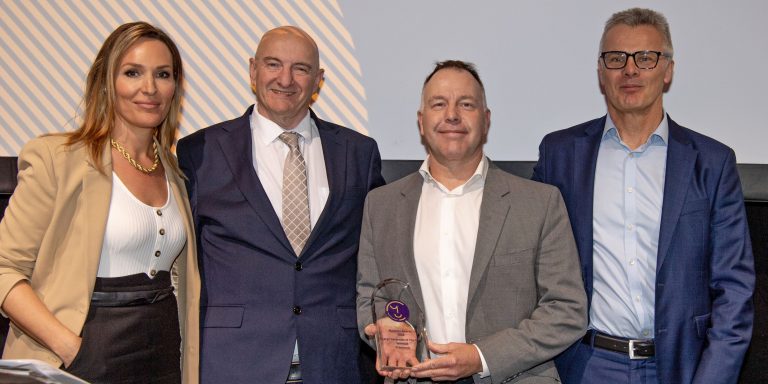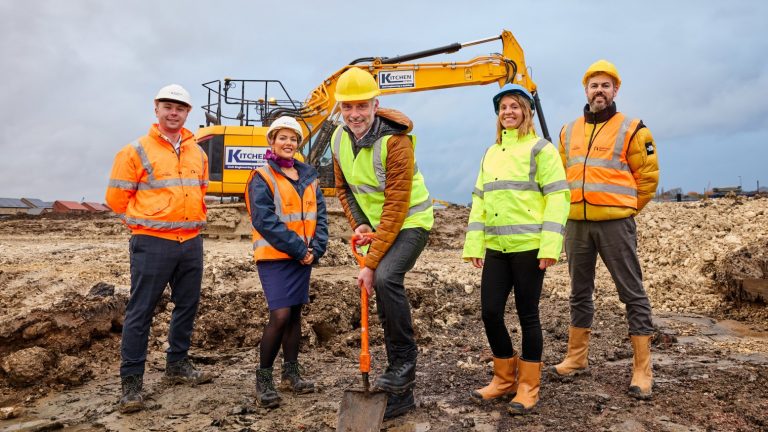“Today’s announcement demonstrates this government’s commitment to delivering its Network North plan which will improve journeys, help to level up regions and grow the economy.”
Once complete in the mid-2030s, the upgrade will offer up to eight trains per hour, hundreds of extra seats, and cut journey times between Manchester and York by 10 minutes.Transpennine rail route gets £3.9bn upgrade funding
Barclays plans to close more branches in the year ahead
Cranswick named best ‘Large Corporate’ at The Yorkshires
Go-ahead given for Leeds Kirkgate Market hotel
The power of local business networks and initiatives
Leeds’ SOYO neighbourhood hits major milestone with dual approval for final phase
Caddick Group’s SOYO development at the heart of Leeds’ cultural quarter has secured planning approval for the final phase of the new neighbourhood from Leeds City Council’s City Plans Panel.
Following a period of public consultation, Blocks A and D have won dual approval from the local authority, marking a major step forward for this transformative project.
Designed with sustainability front of mind, SOYO blocks A and D will bring student accommodation to the city centre. Both blocks will be comprised of a mix of studio and cluster flats, with the overall design complementing the rest of the new neighbourhood. Block A will bring 360 student units to the neighbourhood, adding to the 291 units due to be delivered at Block D.
SOYO began construction in 2019, bringing in a new mixed-use development to the Quarry Hill area, creating a new neighbourhood at the heart of Leeds’ cultural quarter. The first two buildings, Moda New York Square, opened in 2022, comprising 551 studios and apartments. The latest buildings, Madison East and Mercer West for Hestia, are due to open to residents in the New Year.
Alistair Smith, Associate Director at Caddick Developments, said: “We are pleased to receive approval on both Blocks A and D from Leeds City Council. With this, we can now progress the final phase of SOYO and complete this exemplar development that has already brought significant jobs and investment to the city.
“The consultation phase was very positive, and we received great responses to our proposals for both blocks which helped inform the final presentation of the plans to Leeds councillors. Through our ongoing collaboration with the local community and surrounding cultural institutions, we are already seeing the positive change that SOYO is bringing to this area of Leeds, cementing its status as an exemplar regeneration story for the city.”
Once completed, residents at Blocks A and D will benefit from a range of amenities such as a 24hr gym, keyfob secure entry, study and collaboration spaces, and roof-top gardens. The final phase of the development will also see the ambitious landscaping plans completed, creating one of the largest landscaped spaces in Leeds.
The blocks will meet a high standard of sustainability. Once consented, it’s intended that the development will be connected to the Leeds district heating network, and will help meet the council’s objective of making the city carbon neutral by 2030. The buildings will be designed to consume low amounts of energy when low on use, utilising low carbon technologies, LED lighting and low water consumption in the operation phase.
The project team includes ID Planning, Box Clever, DLG Architects, Fuse Architects, Re-Form Landscape Architecture, Roscoe, Tate Consulting, Richard Boothroyd and Associates, Fore Consulting, Jensen Hughes, Jameson Acoustics, Stroma Building Control, Ridge and Partners and Carbon-Climate-Certified.












